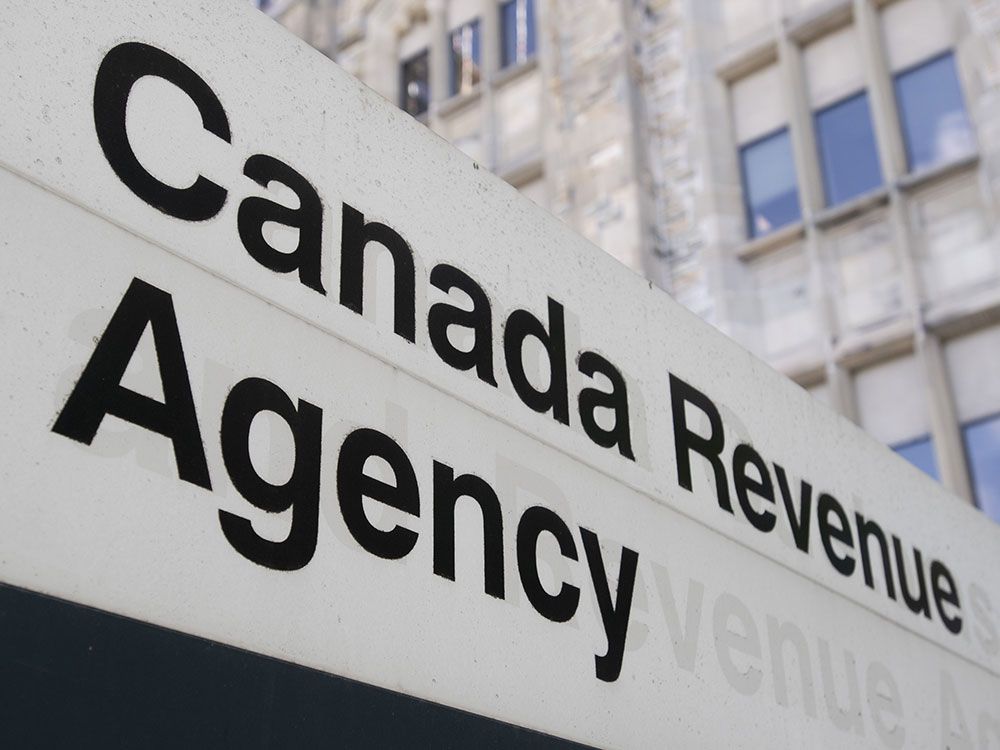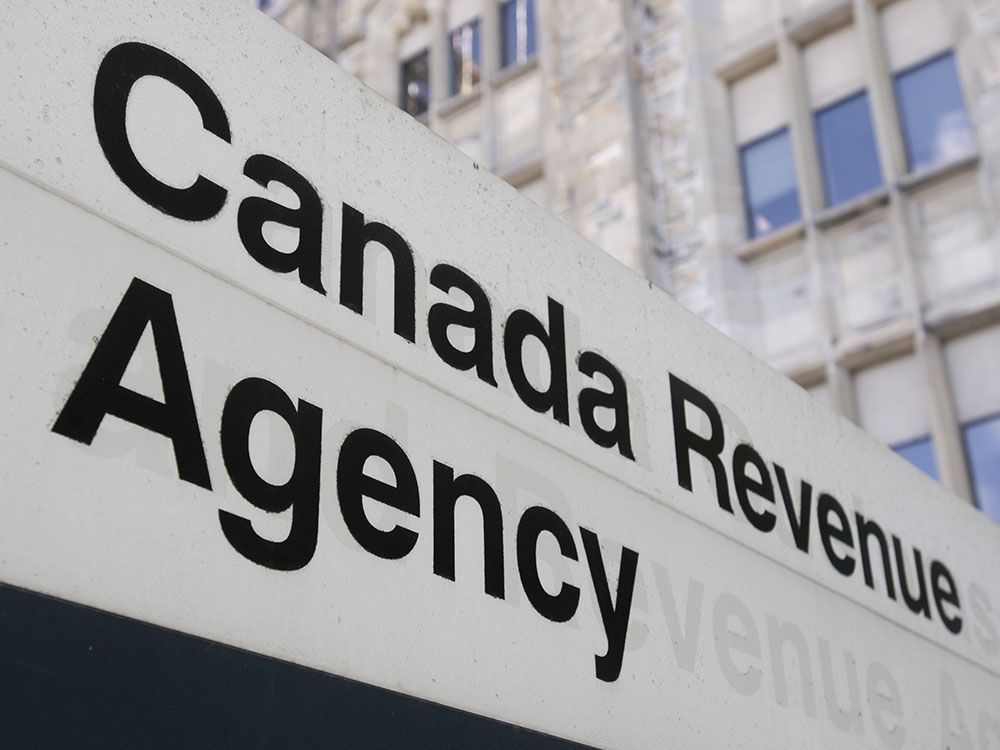
The Canadian government has been introducing tax policy by press release for far too long. Sometimes it’s inevitable in order to restore fairness to the system or to curb perceived abuses.
Lately, however, these press releases have been the tool du jour.
For example, during COVID-19, tax practitioners were often glued to their screens waiting for the next press release affecting the steady stream of tax measures and extensions. An
extension to the filing deadline
for the 2022 Underused Housing Tax Returns was made by press release. The same for bare trusts in 2023.
Then came the capital gains inclusion rate proposals in the 2024 federal budget. Fraught with problems from the start, the proposals were first “deferred” until Jan. 1, 2026, by a Department of Finance
on Jan. 31, 2025, and then apparently killed by Prime Minister Mark Carney through an
through the PM’s website.
N
ow, the digital services tax (DST) was rescinded by a press release on Sunday. The DST applies to certain large corporations and was passed into law in June 2024, retroactive to 2022.
The first collections of such tax were required to be made by affected corporations on June 30, 2025. Carney, when questioned about the timing of the announcement, said it “did not make sense to collect a tax and then remit the revenue back.” In other words, if you’re going to repeal it, then do so before it requires payments to be made by taxpayers.
But what if affected companies had already paid their otherwise required remittances? I’m aware of some companies that made remittances amounting to hundreds of millions of dollars before the June 30 deadline. Can they now get a swift refund?
Well, notwithstanding that the
Canada Revenue Agency (CRA)
has said it will not require the filing of DST returns or enforce DST payments, it also said it has no legal authority to refund such amounts until the DST legislation is formally repealed.
On its face, that may be correct, given that the DST legislation is still valid law, despite the June 29 press release killing it. However, if correct, on what legal authority does the CRA have to not require filing and collection? Where is the symmetry?
More importantly, is that fair?
It isn’t. Why? Let’s start with CRA’s
long-standing policy
to administer proposed tax legislation as if it were law. This approach was recently debated during the capital gains debacle: the proposals were on life support, but the CRA was still administering them as if they were law. This caused havoc amongst taxpayers and their advisers.
Earlier this month, the proposed one per cent personal tax rate reduction was
to Parliament, but did not pass before it recessed for the summer. In other words, the cut still has substantial legislative hurdles to overcome before it becomes law, retroactive to July 1, 2025. But the CRA is administering this as if it were law and the government is
.
One of the common threads is that the CRA will administer proposed tax laws if there is legislative intent before Parliament, such as a Notice of Ways and Means Motion or a bill. But a press release? No. It’s apparently not good enough when it comes to refunding amounts paid before the press release, but good enough to not require filing and remittance after the press release.
Sometimes, common sense needs to prevail, and that was part of the problem with the capital gains debacle. With respect to the DST, we need some common sense. Parliament won’t sit again until mid-September, so by the time a bill is presented for repeal, it could be months before the refunds are finally issued.
Some solutions? The Digital Services Act provides a refund mechanism under subsection 60(1) as follows:
“If a person, otherwise than because of an assessment, has paid any moneys in error to His Majesty in right of Canada, whether by reason of mistake of fact or law or otherwise, and the moneys have been taken into account by His Majesty in right of Canada as taxes, penalties, interest or other amounts under this act, then an amount equal to the amount of the moneys must, subject to this act, be refunded to the person …”
This would seem to give the CRA some wiggle room, but it doesn’t seem to agree. Perhaps it is fussed with the opening language of the provision since it is debatable whether such amounts have been paid “in error,” given the act is still valid law. But if that is the reason, why not continue to enforce filing and collection? This appears to be inconsistent.
One tax practitioner has suggested the government should
that would instruct the CRA to swiftly refund amounts remitted by those companies. That’s a great idea.
A remission order is an order issued under the
that requires the government to pay back taxes and other amounts where the collection of those amounts is unreasonable or unjust or not in the public interest.
Given the late June 29 announcement and Carney’s apparent agreement that remittance and refunds don’t make sense, it would be logical for the government to find a quick solution for those companies that diligently complied with the DST and made their required remittances before the government’s press release.
Tax by press release may be convenient, but it breeds confusion, undermines confidence and leads to inconsistent tax administration. The CRA’s rigid application of its administrative policy doesn’t always serve fairness. It’s time for both to be re-evaluated.
It’s just common sense.
Kim Moody, FCPA, FCA, TEP, is the founder of Moodys Tax/Moodys Private Client, a former chair of the Canadian Tax Foundation, former chair of the Society of Estate Practitioners (Canada) and has held many other leadership positions in the Canadian tax community. He can be reached at kgcm@kimgcmoody.com and his LinkedIn profile is https://www.linkedin.com/in/kimgcmoody.
_____________________________________________________________
If you like this story, sign up for the FP Investor Newsletter.
_____________________________________________________________



